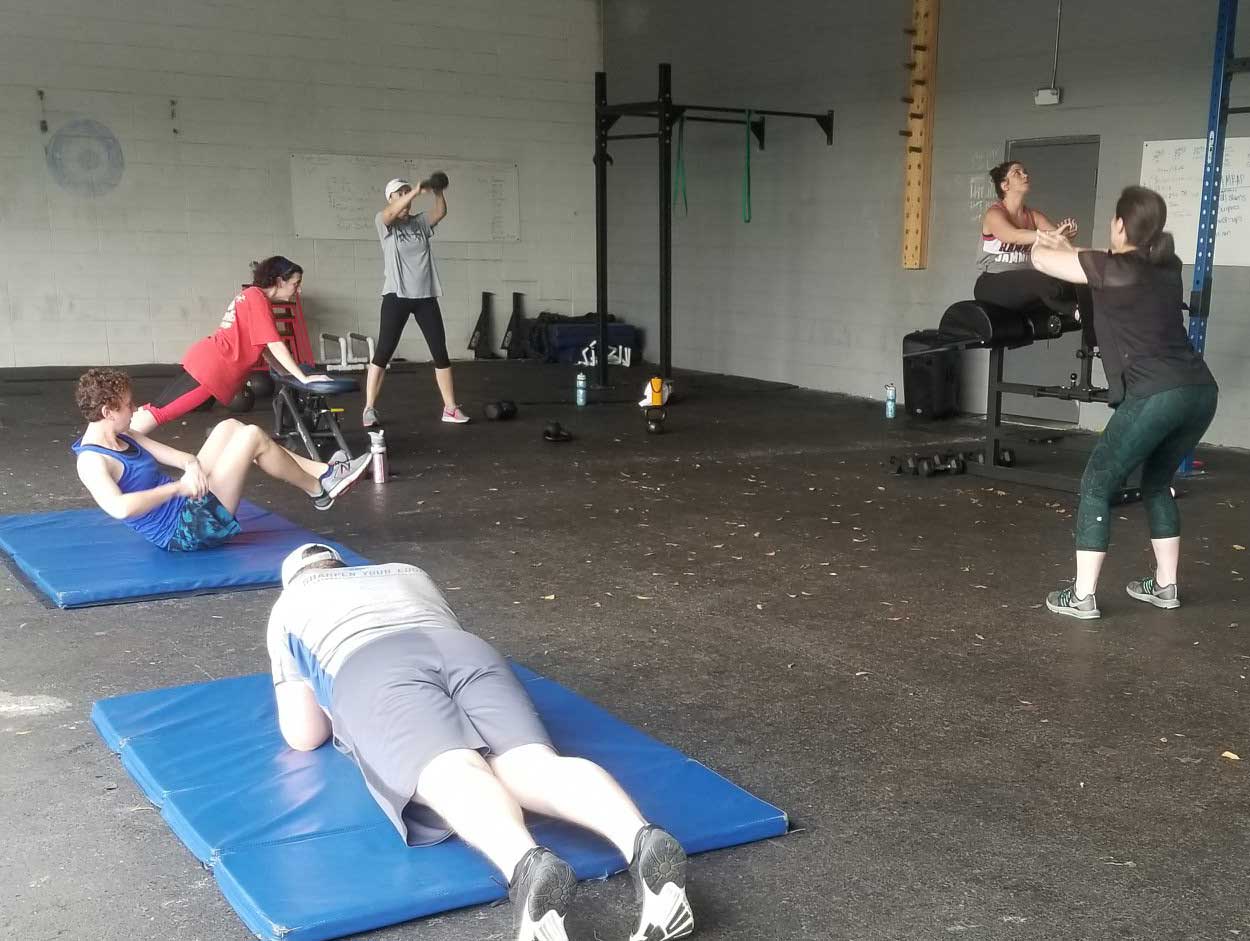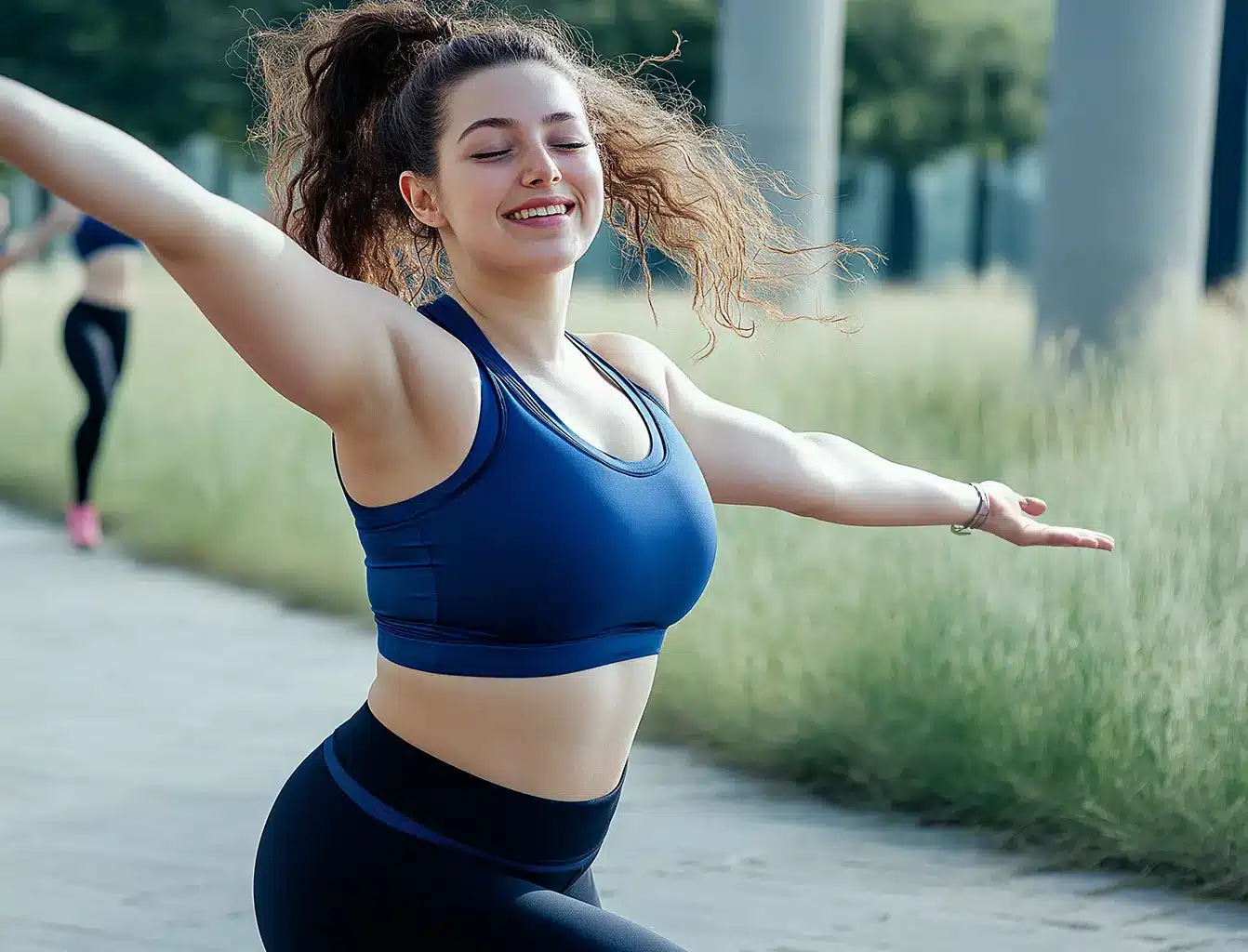For athletes and fitness enthusiasts aiming to elevate their sports performance, personalized training designed specifically for their sport is essential. Whether you are a professional athlete or an amateur competitor, understanding the various types of personal training available can help maximize your potential, prevent injuries, and achieve targeted results that generic gym workouts often cannot offer.
What Types of Personal Training Are Offered for Sports-Specific Goals?
Personal training tailored to sports performance covers multiple specialized approaches that enhance athletic skills, conditioning, and tactical play.

Certified trainers https://personaledgefitness.com/ and expert coaches develop individualized plans focusing on:
- Skill and Technique Training: Sharpening sport-specific movements like shooting, dribbling, or swing technique to improve precision and efficiency. Strength and Conditioning: Developing foundational muscular strength, power, and endurance necessary for the demands of the sport through resistance and weight training. Speed and Agility Training: Improving quickness, reaction time, and multidirectional movement using plyometrics, ladder drills, and cone exercises. Endurance and Conditioning Programs: Enhancing cardiovascular and muscular stamina to maintain peak performance throughout competition. One-on-One and Group Sessions: Personalized attention in one-on-one coaching or dynamic small group settings that encourage teamwork and mutual motivation. Virtual and Online Training Options: Flexible access to expert coaching and customized workout programs remotely, supported by progress tracking and video feedback.
This variety ensures athletes receive comprehensive, sport-relevant fitness training tailored to their goals and current abilities.
How Does Strength and Conditioning Integrate into Sports-Specific Training?
Strength and conditioning form the foundation of athletic training aimed at boosting overall sports performance and minimizing injury risk.
Incorporated elements include:
- Resistance and Weight Training: Exercises targeting muscle groups important for sport-specific actions like jumping, tackling, and sprinting. Power Training and Plyometrics: Explosive drills that activate fast-twitch muscle fibers, enhancing jump height, acceleration, and force production. Functional Movement Emphasis: Workouts designed around natural, sport-related movement patterns to improve coordination and reduce injury potential. Periodized Workout Cycles: Structured phases adjusting intensity and volume to align with training seasons and competition peaks for optimal performance enhancement.
By focusing on these areas, strength and conditioning professionals help athletes improve athleticism, resilience, and competitive readiness.
What Role Does Speed, Agility, and Flexibility Training Play in Sports Performance?
Speed, agility, and flexibility are critical physical attributes affecting an athlete’s ability to react, maneuver, and endure the rigors of sport.
Effective training integrates:
- Speed Training: Sprinting drills, resisted runs, and acceleration work increase maximum velocity and explosive starts. Agility Training: Activities such as ladder drills, cone drills, and change-of-direction exercises boost quick reflexes and body control crucial in dynamic game situations. Flexibility Training: Both dynamic and static stretching improve range of motion, enhance recovery, and lower injury risks. Circuit and Interval Training: Combining these components in timed sets that build endurance while improving each physical quality simultaneously.
Integrating these elements leads to better on-field performance and faster adaptation to the unpredictable demands of sports.
How Can Personalized Training Plans Enhance Sports Skill Development?
Personalized sports training plans provide targeted pathways for skill growth and physical progression.
They start with:
- Comprehensive Fitness Assessments: Evaluations assessing current skill levels, physical conditioning, and sport-specific competencies. Individualized Goal Setting: Creating clear, measurable objectives aligned with both short-term improvements and long-term athletic ambitions. Data-Driven Progress Tracking: Ongoing monitoring of performance metrics to adjust training intensity, focus areas, and recovery protocols accordingly. Integrated Skill and Tactical Drills: Combining technical practice with strategic game training to enhance decision-making and execution. Regular Feedback and Coaching Support: Interaction with certified trainers to refine techniques and maintain motivation through accountability.
Such customized programs empower athletes to efficiently develop sport-specific skills alongside physical fitness, accelerating performance gains.
What Injury Prevention and Rehab Training Options Exist in Sports-Specific Personal Training?
Preventing injuries and supporting rehabilitation are key aspects of sports-specific personal training, ensuring athletes maintain longevity and consistency.
The available options often include:
- Corrective Exercises: Targeting muscle imbalances and mobility restrictions that predispose athletes to injury. Mobility and Flexibility Routines: Stretching and joint mobilization practices that maintain tissue health and prevent overuse injuries. Recovery Strategies: Nutrition planning, rest scheduling, and mental resilience techniques to optimize healing and readiness. Collaboration with Medical Professionals: Coordination with physical therapists or sports medicine specialists for tailored rehab protocols. Mental Training and Sport Psychology: Managing stress, building discipline, and fostering focus to support psychological aspects of recovery and performance.
These multifaceted approaches effectively minimize downtime and enable athletes to return to competition stronger and more prepared.
What Formats of Sports-Specific Personal Training Are Commonly Available?
Sports-specific personal training adapts to diverse athlete needs and lifestyles through flexible delivery methods such as:
- In-Person Training: Hands-on coaching in gyms, fitness centers, and sports facilities offering direct supervision and technique correction. Online and Virtual Training: Remote programs delivered via video calls, apps, and online platforms, allowing global access to expert coaching and customized workout plans. Group and Team Training: Sessions focusing on collective skill development, strategy, and conditioning that foster teamwork and competition readiness. Structured Workout Programs and Training Schedules: Carefully planned calendars balancing skill drills, conditioning, recovery, and peak performance timing.
The choice depends on athlete preference, training goals, and logistical convenience, but all formats emphasize certified coaching and personalized progression.
How Does Nutrition and Mental Training Support Sports-Specific Personal Training?
Physical training alone is insufficient without proper nutrition and mental conditioning to unlock full athletic potential.
Key components include:
- Personalized Nutrition Plans: Customized dietary strategies supporting energy needs, optimal body composition, and efficient recovery. Mental Training Techniques: Practices such as visualization, mindfulness, and goal setting to enhance focus, discipline, and competitive mindset. Sport Psychology Integration: Expert guidance on motivation, stress management, and psychological resilience crucial during training and competition. Discipline and Commitment Building: Mental skills development encouraging dedication to long-term training routines and lifestyle choices.
Combined, these factors create a holistic approach amplifying athletic performance beyond physical capabilities alone.
Frequently Asked Questions (FAQ)
Q1: What qualifications should a personal trainer have for sports-specific training?
Certified trainers accredited by recognized organizations such as the NSCA, NASM, or ACSM with specializations in strength and conditioning or athletic training are ideal choices. Their expert coaching ensures safe and effective program design.
Q2: How often should an athlete engage in personal training sessions for sports improvement?
Typically, 2 to 4 sessions per week balance technical skills, conditioning, and sufficient recovery tailored to the athlete's competition calendar and sport demands.
Q3: Can online personal training be effective for sports-specific goals?
Yes. With detailed programming, video feedback, and consistent progress monitoring, online personal training offers flexible and effective coaching to athletes anywhere.
Q4: How does personal training help prevent sports injuries?
By identifying and correcting muscular imbalances, enhancing flexibility, teaching proper techniques, and embedding recovery strategies, personalized training significantly reduces the risk of injury.
Q5: Are personal training programs adaptable for youth athletes?

In summary, sports-specific personal training in 2025 offers a wealth of tailored options that combine skill refinement, strength and conditioning, speed development, injury prevention, and mental resilience. By choosing certified trainers and personalized plans—whether in-person or virtual—athletes across all levels can optimize performance, achieve precise goals, and maintain athletic longevity. For those ready to elevate their game, investing in expert coaching and comprehensive training programs is the winning strategy.